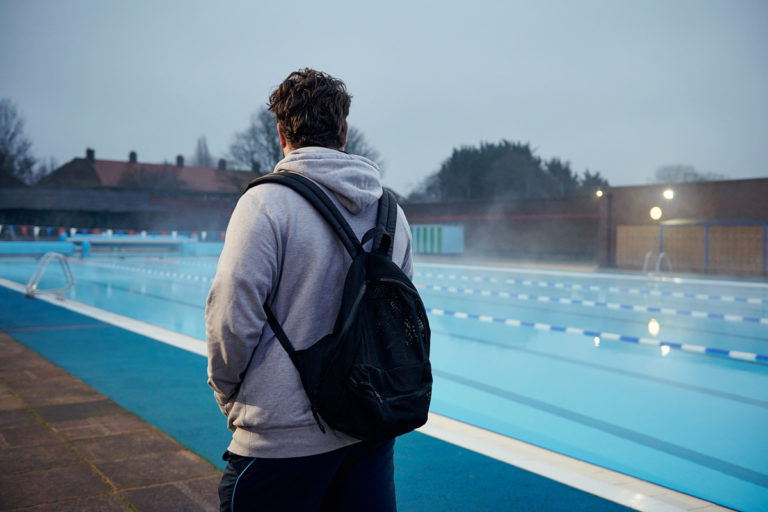45% of Londoners and over a quarter of UK population cut back on exercise due to financial constraints.
Lower-income families hit hardest with nearly 8 in 10 reporting lower activity levels.
London Sport shows positive attitudes of Olympic legacy on nation’s activity levels are marred by increased costs to be active.
45% of adult Londoners are making cutbacks to their spending on physical activity and sport due to the rising cost of living, according to a new report by London Sport. The full report can be downloaded here.
The findings have been unveiled in line with the 10-year anniversary of the London 2012 Olympic and Paralympic Games.
The report found that more than half of survey respondents in the capital (52%) agreed that the rising cost of living had limited their ability to afford both sport and leisure equipment.
The issue also affected more than one-third of adults across the UK (36%), with 27% saying they’d also cut back on physical activity and sport due to escalating costs.
Nearly half of Londoners (49%) stated that the rising cost of living is discouraging them from using their local leisure facilities. This is in comparison with one-third (33%) of adults across the UK.
In all eight of the themes mentioned in the survey – ranging from cutting down on dining out and alcohol, to cancelling gym subscriptions and other costs linked to exercise – Londoners were more likely than the rest of the country to be impacted by the rising cost of living.
The poll also found that two-thirds (66%) of adults living in London agreed that the Games had left a positive legacy on London and its people, with general agreement that the Games had improved the experience of living and working in London, improved our nation’s relationship with sport, and inspired more young people to be more active.
However, people with a household income of £20,000 or less – less than the London Living Wage – did not share these views. Within this income bracket, only 4 in 10 respondents said the Games had left a positive legacy.
However, there was some scepticism cited regarding the impact for lower-income groups, with one respondent stating that for wealthier Londoners “there has been a great legacy, but for those from lower-income families I am not sure there has been much improvement.”
Currently, only 61.4% of adults in England undertake the recommended 150 minutes of physical activity a week, which includes moderate exercise and walking. However, in some London Growth Boroughs including Newham and Waltham Forest, activity levels still fall below the national average at 56% and 58% respectively.
Emily Robinson, CEO of London Sport said:
“Physical activity has already taken a big hit from the pandemic and now the cost of living crisis threatens once again to turn the clock back in terms of progress of getting people active to help their health and wellbeing.
“A decade after London 2012 and one of Team GB’s most successful Summer Olympic and Paralympic medal hauls, it’s disappointing that the anniversary of the Games brings a stark reminder that we need to do more to address the inequality and inactivity gaps within the capital.
“To mitigate some of the challenges that have faced Londoners in recent years, London Sport has distributed £750k to over 75 organisations across the capital over the past two years, and will shortly be distributing a further £500k through the Together Fund to support projects to increase activity levels amongst young people and less active adults. However, London Sport believes that there is far more work to do to tackle the barriers to sport and physical activity.
“Being active is not a luxury, it is essential to the health and wellbeing of the nation. With physical inactivity being responsible for one in six premature deaths in the UK and costing the NHS and taxpayers billions of pounds, it is vital that government, local authorities and other decision makers have a renewed focus on making the benefits of being active available to everyone.”
Notes to Editors
The London 2012 Olympics and Paralympics Legacy survey was commissioned by London Sport and undertaken by strategic insight agency Opinium. A sample of 2,000 UK adults were surveyed over a two-day period during May 2022, including a London sample size of 253 adults.
The full report can be downloaded here.
The survey also found:
- 75% of Londoners agreed that the London 2012 Games positively changed how disabled athletes are viewed in society.
- More than six in ten Londoners also agreed that the London 2012 Games have inspired more young people to become more active (64%) and have inspired the nation to become more active (62%).
London Sport will shortly be distributing £500k of funding through the Together Fund from Sport England. The Together Fund is a continuation of the Tackling Inequalities Fund that was set up in April 2020 as part of Sport England’s support package to help the sport and physical activity sector through the pandemic crisis.

